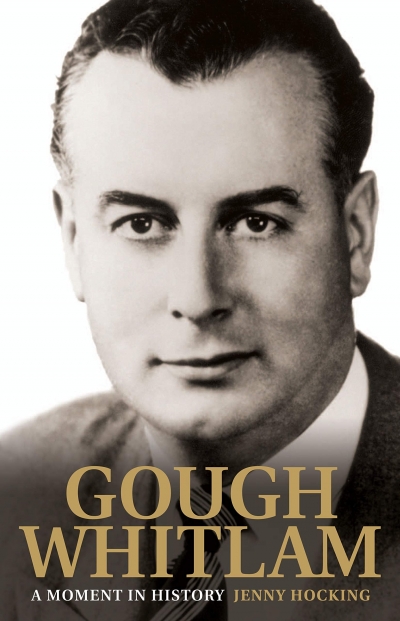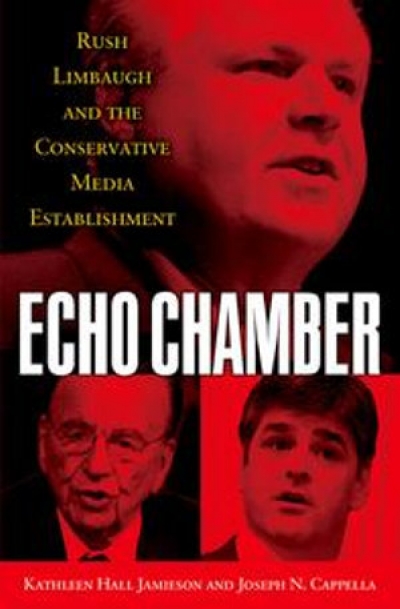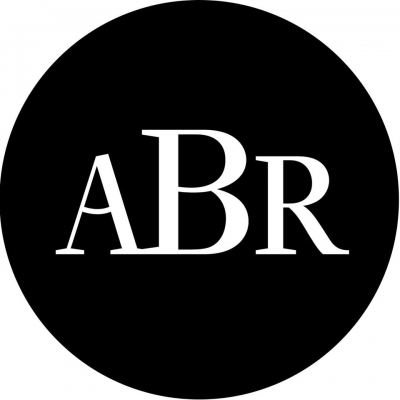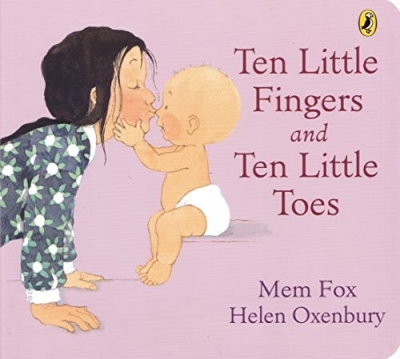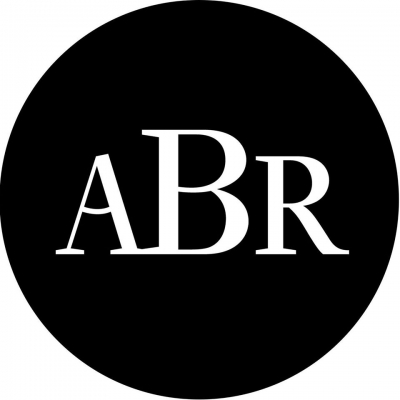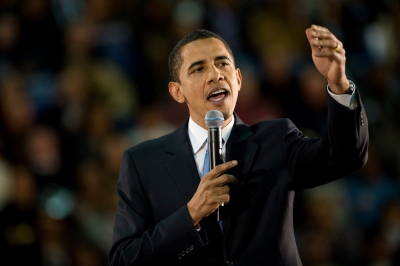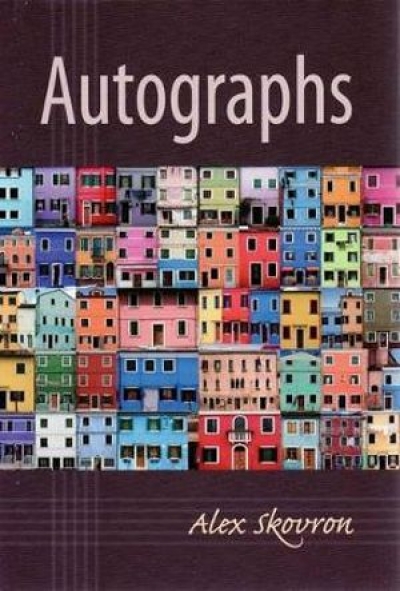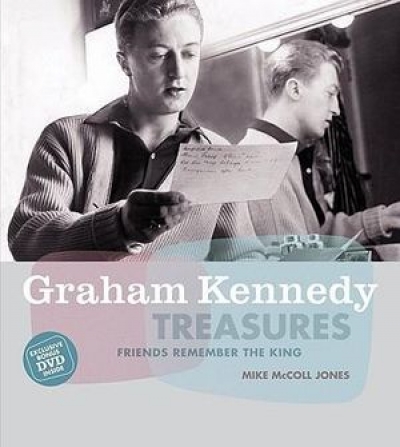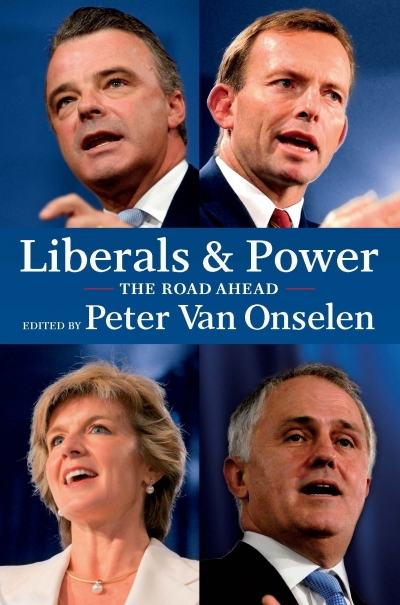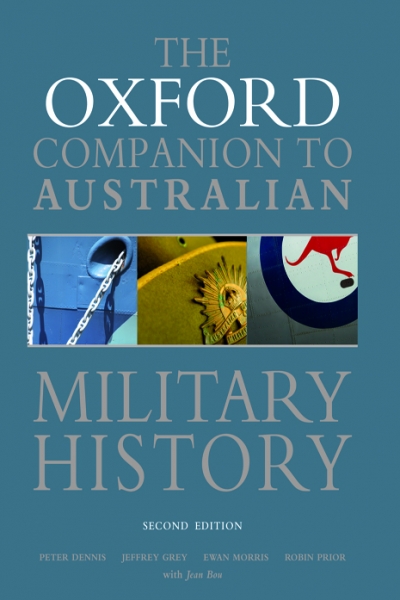Archive
Gough Whitlam: A moment in history (Volume One) by Jenny Hocking
by Neal Blewett •
Echo Chamber by Kathleen Hall Jamieson and Joseph N. Cappella & Why Democracies Need an Unlovable Press by Michael Schudson
by Rod Tiffen •
Not since I was four or five at most
and in the first of many striped tee-shirts
have I been this close to the flavour of safety.
I’m walking into town again, the child of hills.
You bought me fish and chips for lunch, my own
adult portion because I asked for it, in Evans’s
tiled restaurant, the Alhambra of takeaways.
Ten Little Fingers and Ten Little Toes by Mem Fox, illustrated by Helen Oxenbury & Enigma by Graeme Base
Waiting on a reeking strange
railway station –
then the dead-quiet but crowded
night ferry.
My son Daniel’s African wedding took place in Lancashire – where his new Zambian in-laws live – a few days after the US presidential election. Barack Obama was not on the guest list, but his presence loomed so large that he might have been an extra, virtual, best man.
... (read more)Graham Kennedy Treasures: Friends remember the king by Mike McColl Jones
by Sue Turnbull •
Liberals and Power: The road ahead by Peter van Onselen
by Norman Abjorensen •
The Oxford Companion to Australian Military History (Second Edition) edited by Peter Dennis et al.
by David Horner •

